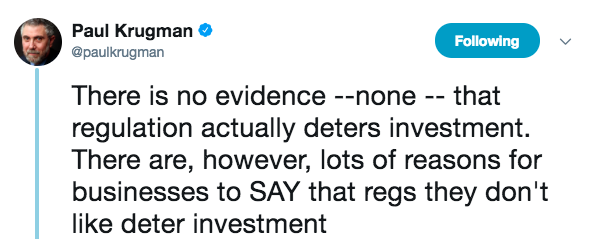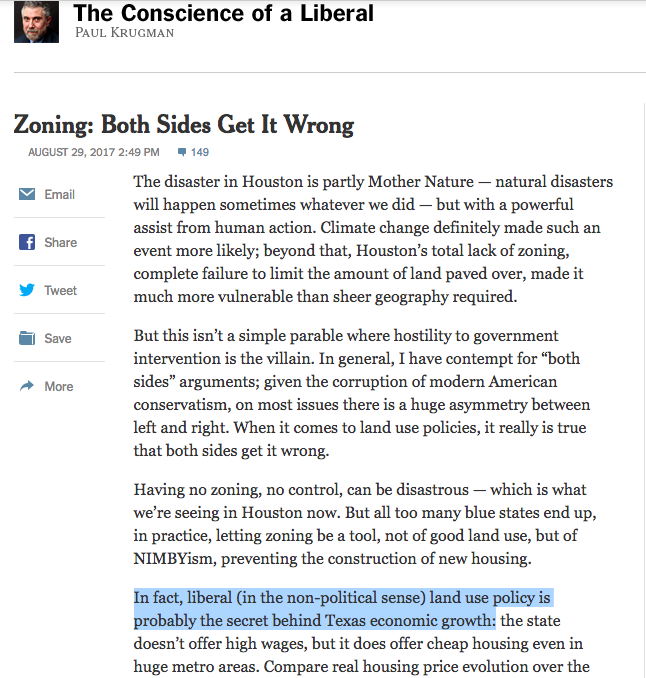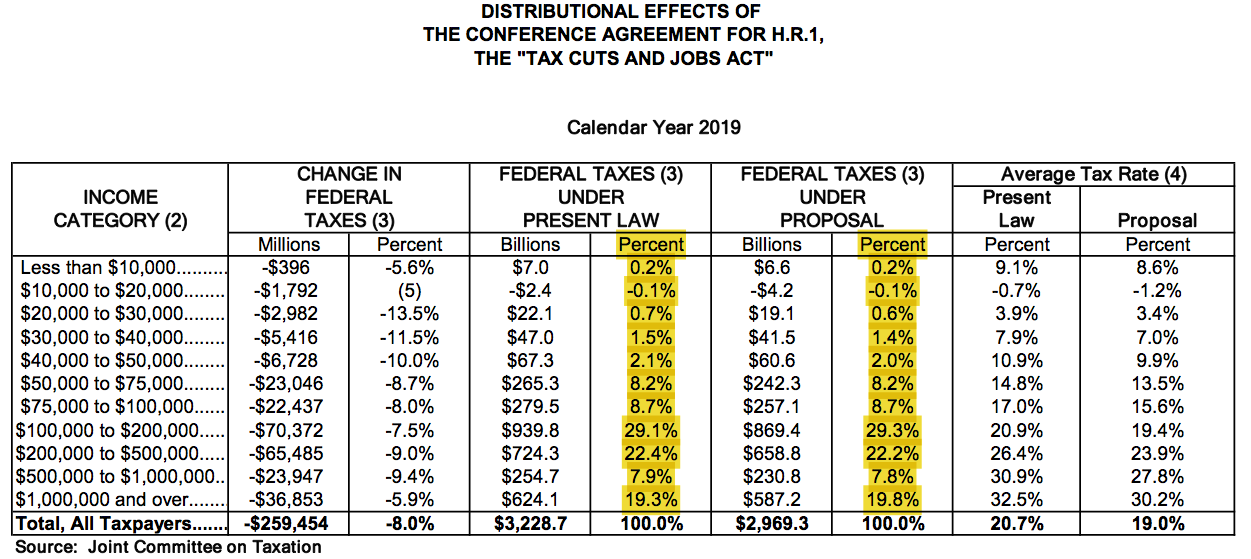Glenn Greenwald on Democrats Who Voted to Give Trump More Spying Power
Here’s a great article from Glenn Greenwald. An excerpt:
Despite opposition from GOP House leadership and the Trump White House, Amash was able to secure the commitment of dozens of House Republicans to support his amendments to limit the ability of Trump’s FBI to spy on Americans without warrants. The key provision of his amendment would have required that the FBI first obtain a warrant before being permitted to search and read through the communications of Americans collected by the National Security Agency.
To secure enactment of these safeguards, Amash needed support from a majority of House Democrats. That meant that House Democrats held the power in their hands to decide whether Trump — the president they have been vocally vilifying as a lawless tyrant threatening American democracy — would be subjected to serious limits and safeguards on how his FBI could spy on the conversations of American citizens.
Debate on the bill and the amendments began on the House floor yesterday afternoon, and it became quickly apparent that leading Democrats intended to side with Trump and against those within their own party who favored imposing safeguards on the Trump administration’s ability to engage in domestic surveillance. The most bizarre aspect of this spectacle was that the Democrats who most aggressively defended Trump’s version of the surveillance bill — the Democrats most eager to preserve Trump’s spying powers as virtually limitless — were the very same Democratic House members who have become media stars this year by flamboyantly denouncing Trump as a treasonous, lawless despot in front of every television camera they could find.
David R. Henderson on Trump’s First Year
I liked this piece by David, especially since I used the following two passages in the latest Contra Krugman (which hasn’t dropped yet):
[A]lthough many Washington wags are shocked that Vladimir Putin may have cared enough about the U.S. election outcome to spend one hundred thousand dollars on Facebook ads, between 1946 and 2000, the U.S. government tried to influence over 80 foreign elections with nary a peep from that establishment. The Bush administration spent $65 million trying to influence the outcome of Ukraine’s 2004 election.
and:
Trump does not do nuance. When he is upset about what someone says about him, he tweets his anger and publicly threatens lawsuits and censorship. The lawsuits have gone nowhere. And if Trump really wanted to follow through on his threatened censorship of television networks, he chose the wrong chairman of the Federal Communications Commission. Ajit Pai is one of the most deregulatory officials in the Trump administration.
Consider, by contrast, someone who effectively quashed radio criticism of his policies: Franklin D. Roosevelt. In 1934, as University of Alabama historian David Beito has noted, President Roosevelt’s FCC put radio stations on a short leash by reducing the license-renewal period from three years to six months. He appointed Herbert L. Pettey as head of the commission. Pettey had been FDR’s radio adviser during his 1932 presidential campaign. Shortly after this licensing change, NBC announced that it would limit broadcasts “contrary to the policies of the United States government.” CBS went further, announcing an end to broadcasts “in any way” critical of “any policy of the Administration.” Who was more effective—the unsophisticated Trump threatening in public, or the warm and fuzzy (but ruthless and strategic) operator behind the scenes, Roosevelt? The record speaks for itself.
Two Points of Pushback Against My Buddies, re: GOP Tax Plan
(1) Suppose someone argued, “I don’t think it’s right for Donald Trump to be talking trash to North Korea. He is just setting the US up for a big war that might involve nuclear weapons. In terms of foreign policy, he’s writing checks that the American public doesn’t want to cash. It would be much more responsible for Trump to launch a first strike this week, so that we can have the war right now and suffer the casualties, without foisting the bad consequences onto future citizens.”
I think a bunch of you might have been tracking with that critique, up until the last sentence? If so, then do you agree with the large number of free-market economists who say, “Without spending cuts, this tax plan is a scam. Sure, tax cuts are good, but deficit spending is just deferred taxation, as Milton Friedman taught us.” (And I’m not even taking into account supply-side considerations.)
[EDITed to add: I am not mocking people who say the above, and it’s possible I’ve said comparable things during my career. But my current point still stands.]
(2) The effective average tax rate in the US (before the overhaul) is something like 30% (though we can quibble on how to calculate that figure). So for all those people who are complaining that the GOP plan still retains the deductibility of employer-provided health insurance, I don’t really see how this could explain the overall problem with US health care / insurance.
For an analogy, it’s true that a business might have its annual conference in Hawaii rather than Ohio, because of tax deductibility. So that would explain why the business spends $1 million on its conference rather than $700,000. But given that it was spending $1 million, it would be a great conference. It wouldn’t be crappy hotel and food in a freezing location.
So, if everybody thought US health care was awesome but just cost 30% more than it ought to, then I could believe that tweaking the tax code would “solve health care.” But I don’t think that’s really it.
Krugman Claims “No Evidence” That Regulation Deters Investment
I beg to differ. My latest at IER.
Krugman vs. Krugman
I was naughty on Twitter and posted these side-by-side… (The first has no time-stamp but it’s from January 2, 2018.)
and
JCT Estimate on Tax Plan
[EDIT: I dug up my own post; mystery solved. I explain at the end.]
John Cochrane links to the new JCT estimate on the distributional consequences of the tax package. Here’s Cochrane:
Bottom line: No change. Income categories are paying almost exactly the same share of federal taxes as before. Millionaires actually pay a tiny bit larger share in the new bill.
Given the distributional hue and cry, frankly, it is a surprise to me just how tiny — far below measurement errors — the changes are.
Here’s what he means:
I’m actually very surprised myself. Has anybody been tracking this debate carefully? I thought it wasn’t just the Tax Policy Center, but also the JCT, that guys like Krugman were using (a couple of months ago) to show how awful this was?
Did the final version change that much? Or are they measuring different things?
I am not certain that the above includes the estate tax stuff, but I think it does.
EDITED TO ADD: Okay I dug up my old post. Yeah, the very document Krugman used to excoriate the plan, says the same basic thing that Cochrane is referring to above. The difference is that Krugman was looking at the final year, when some of the stuff phases out.
Krugman’s Interesting History
I’ve been carrying this particular blog post on my browser since October, so let’s move on to the New Year…
This particular excerpt struck me as amazing:
When the financial crisis struck, there were many calls for new economic ideas – even an Institute for New Economic Thinking. The implicit story, pretty much taken for granted as true, was that the crisis proved the inadequacy of economic orthodoxy and the need for fundamental new concepts. Pretty obviously, too, supporters of calls for new thinking had a sort of Hollywood script version of how it would play out: daring innovators would propose radical ideas, would face resistance from old fuddy-duddies, but would eventually win out through their superior ability to predict events.
What actually happened was very different. True, nobody saw the crisis coming. But that wasn’t because orthodoxy had no room for such a thing – on the contrary, panics and bank runs are an old topic, discussed in every principles book. The reason nobody saw this coming was an empirical failure – few realized that the rise of shadow banking had done an end run around Depression-era bank safeguards.
The point was that only the dimmest of free-market ideologues reacted with utter bewilderment. The rest of us slapped our foreheads and said, “Diamond-Dybvig! How stupid of me! Diamond-Dybvig!”
This is absolutely amazing. Here’s Mark Thornton in 2004 writing a very prescient article. Here’s a compilation of Peter Schiff clips that are eery in spots because he was so spot-on with what was coming.
And here’s Tom Woods’ book that came out right after the crash. I don’t think he was utterly bewildered by what happened.
Of course, maybe those early guys were permabears. Maybe Tom is just ideological and is going to say “The Fed done it!” no matter what.
But that’s not what Krugman is arguing above. No, he’s saying nobody saw the crisis coming, and that after it hit, the free market guys were unable to put it into their framework.
(BTW just be careful in the comments if you are going to pile on. Krugman actually was saying there was a housing bubble long before many other commentators. [Indeed the connection if anything is the other way around–Krugman famously called for such a thing.] So in the quotation above he must mean the actual financial crisis itself, not merely the collapse in housing prices.)










Recent Comments